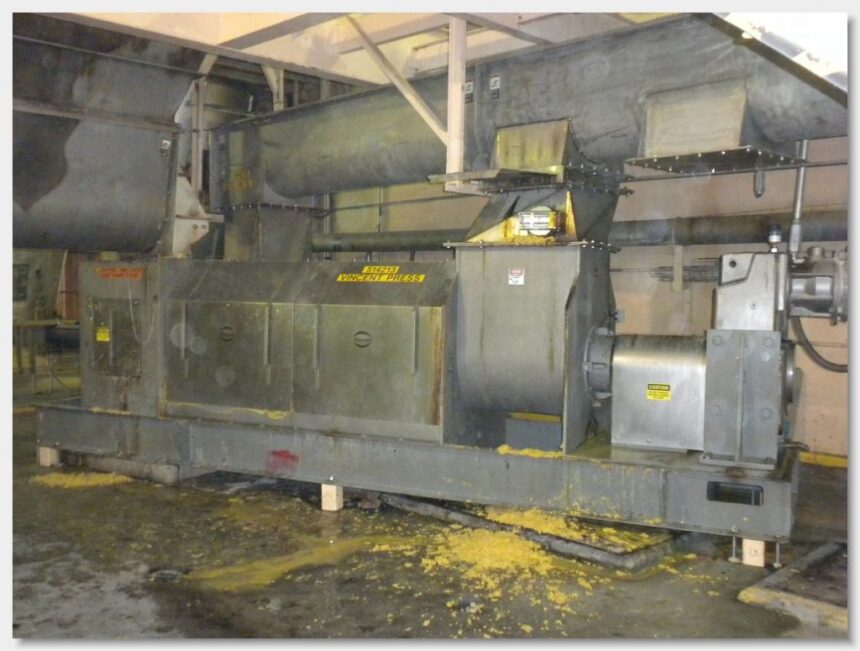Here are 10 things you should know about wet milling in South Africa:
- Wet milling is a process used in various industries, including agriculture, food processing, and pharmaceuticals, to extract valuable components from raw materials.
- In South Africa, wet milling is particularly important in the maize (corn) industry. Maize is a staple crop in the country, and wet milling is used to process maize into various products, including starch, glucose, and corn oil.
- Wet milling involves soaking maize kernels in water and then separating the various components using mechanical and chemical processes.
- The primary product of wet milling in South Africa is maize starch. Maize starch has a wide range of applications, including in food, paper, textiles, and adhesives.
- Wet milling also produces co-products such as maize gluten meal and maize germ. Maize gluten meal is a valuable protein source used in animal feed, while maize germ is rich in oil and can be further processed to extract corn oil.
- The wet milling industry in South Africa is well-developed and has a significant economic impact. It provides employment opportunities, supports the agricultural sector, and contributes to the country’s GDP.
- The South African wet milling industry has implemented various quality control measures to ensure product safety and compliance with local and international standards.
- The water used in wet milling processes is carefully managed to minimize environmental impact. Efforts are made to recycle and reuse water, and wastewater is treated to remove contaminants before being discharged.
- Research and development in wet milling technologies are ongoing in South Africa to improve efficiency, reduce waste, and develop new products with higher value.
- The wet milling industry in South Africa is subject to regulatory oversight, including food safety regulations and environmental regulations, to ensure the industry operates responsibly and meets health and environmental standards.
Please note that while these points provide an overview of wet milling in South Africa, specific details and developments may have occurred beyond my knowledge cutoff in September 2021.
Join 'Farmers Mag' WhatsApp Channel
Get the latest Farming news and tips delivered straight to your WhatsApp
CLICK HERE TO JOIN






